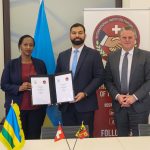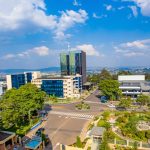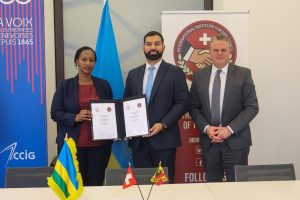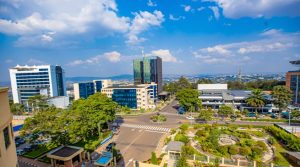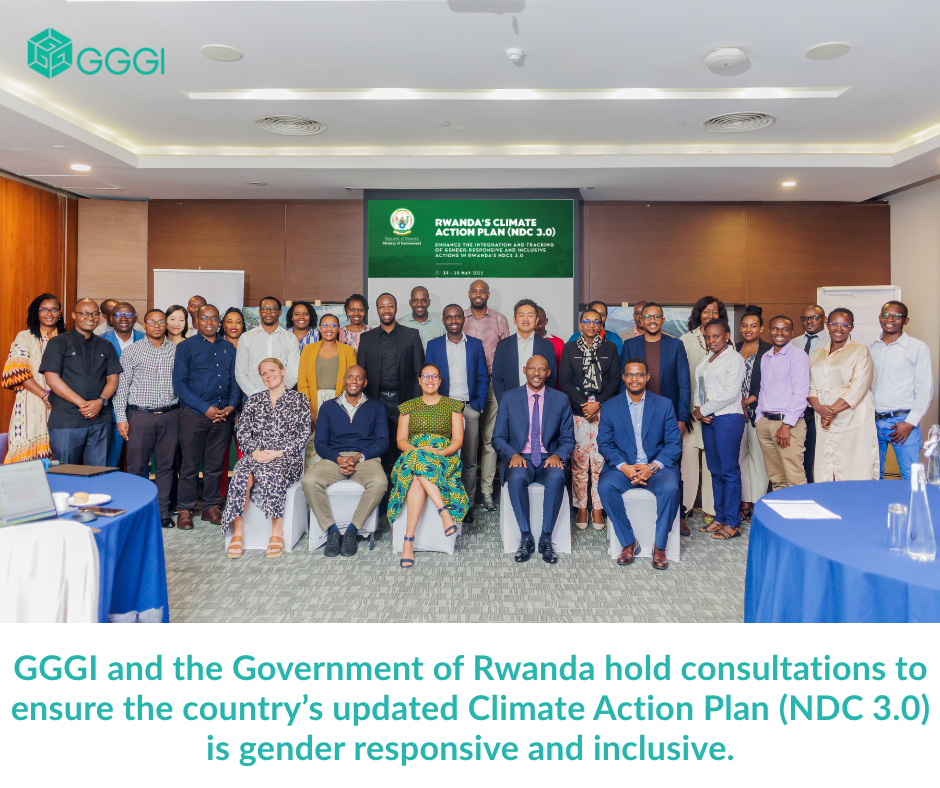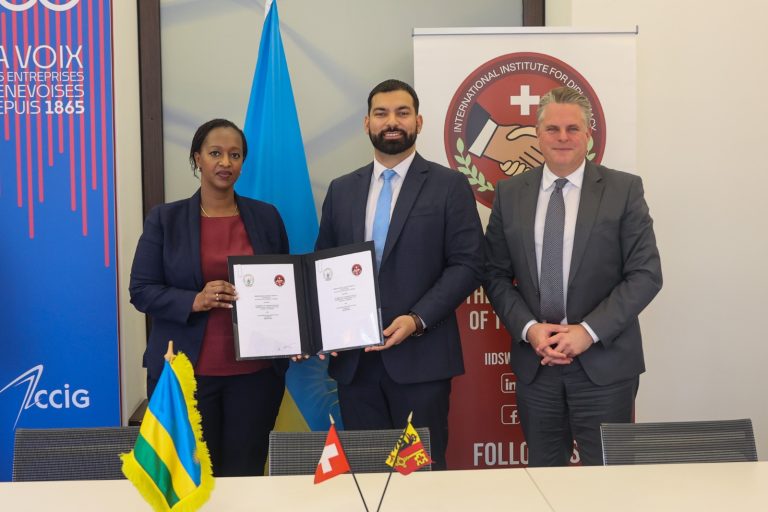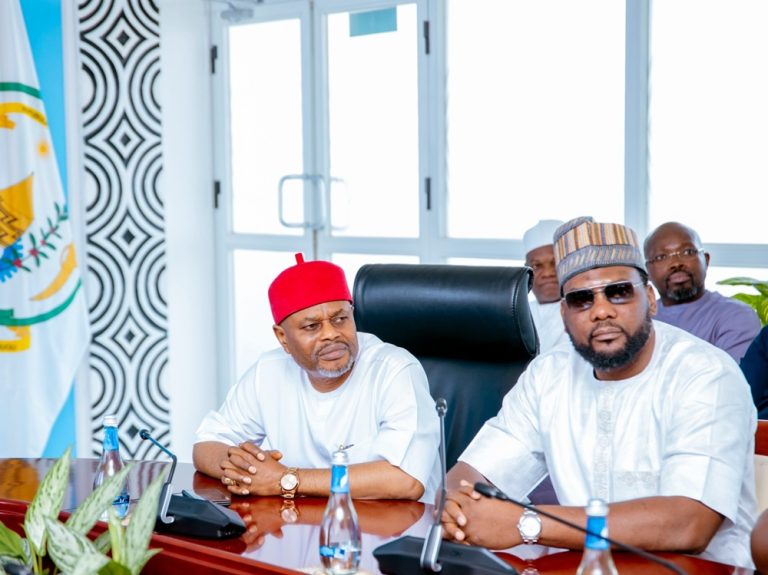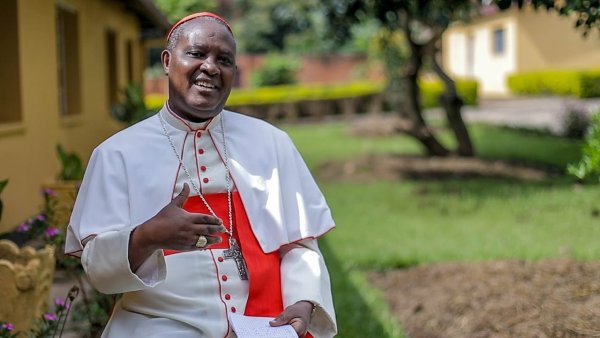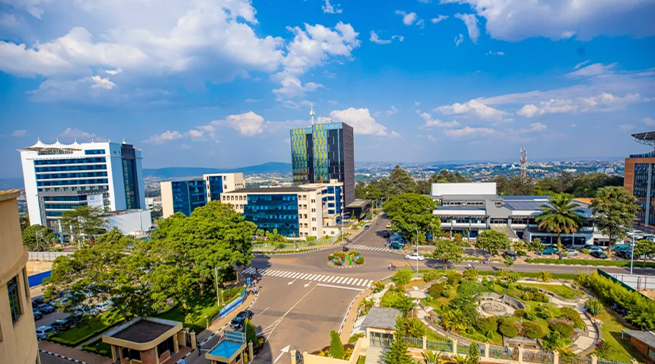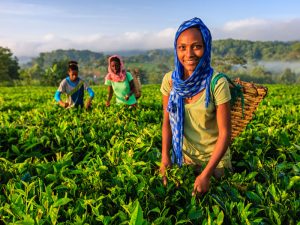In line with the ongoing process to update Rwanda’s Climate Action Plan (known as the Nationally Determined Contribution – NDC 3.0), the Global Green Growth Institute (GGGI) in collaboration with the Rwanda Environment Management Authority (REMA), is implementing an initiative to enhance the integration and tracking of gender responsive and inclusive actions in the plan. This project is being supported by the NDC Partnership and the Government of Canada through the federal Department of Environment and Climate Change.
Through a consultative process, the project aims to develop a groundbreaking GESI Index and Simulation Tool to advance the integration and tracking of GESI in Rwanda’s Climate Action Plan. The tool is modeled after GGGI’s Green Growth Index, which measures sustainability performance across various dimensions, including social inclusion and gender equality. For Rwanda’s NDC 3.0, the tool will show how key gender, and social indicators may change under different policy choices, i.e., which climate policies could support Rwanda to achieve gender and social related SDGs.
Through a two-day consultative workshop, government officials, representatives from development partners, non-government organizations, the private sector, academia, and youth organizations reviewed the preliminary findings from the thematic GESI assessments and explored the proposed sectoral indicators.
The workshop also delved into the conceptual framework of the GESI Index and Simulation Tool which assesses historical and current performance in GESI across selected indicators, and projects the potential impact of NDC policy interventions on most relevant SDG indicators through 2050.
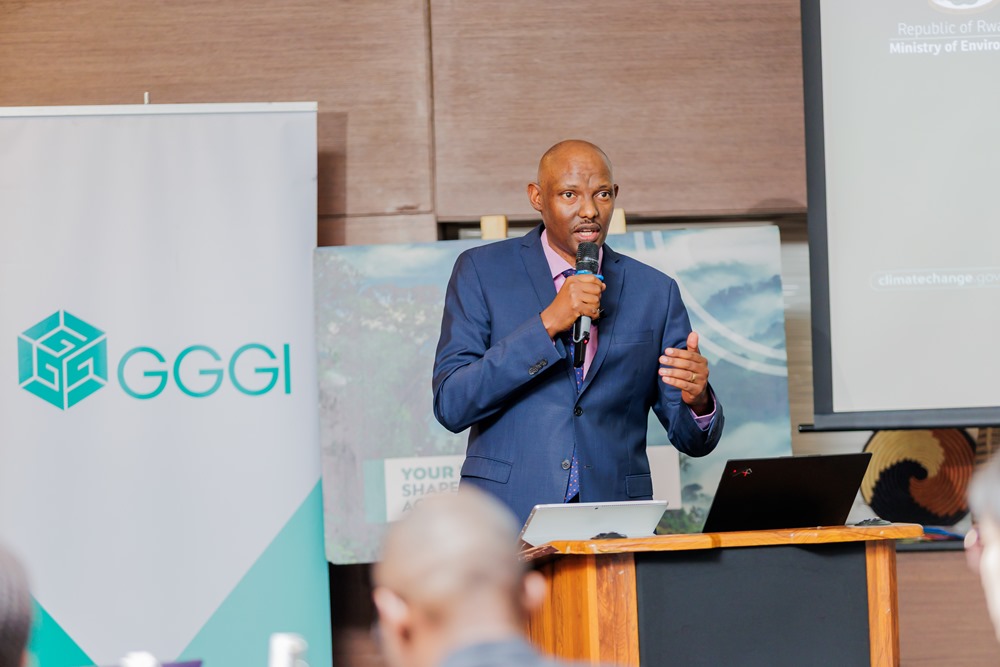
Faustin Munyazikwiye, Deputy Director-General of REMA speaking at the opening of the workshop to enhance GESI in Rwanda’s NDC 3.0
Opening the workshop, Faustin Munyazikwiye, Deputy Director General of REMA commended GGGI, the NDC Partnership, and the Government of Canada for their commitment to work alongside Rwanda to implement inclusive and impactful climate solutions.
He noted “This initiative reflects our shared resolve to ensure that we leave no one behind in our journey towards climate resilience and sustainable development. It is a major step toward inclusive climate governance, where every voice shapes the future.”
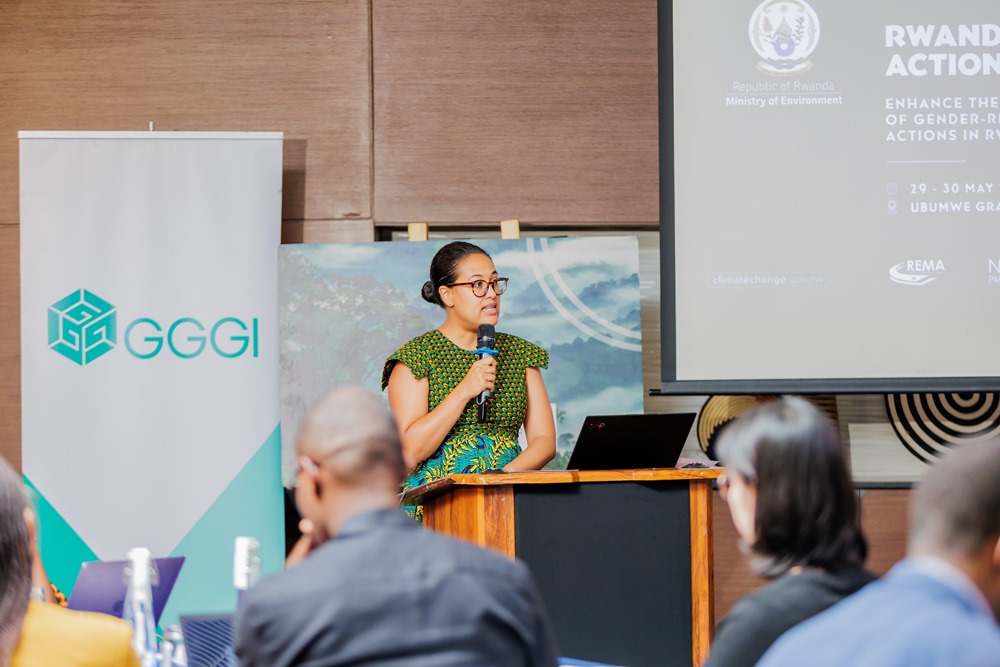
Ms. Caroline Raes, GGGI’s Country Representative in Rwanda said: “Today’s consultation marks a critical milestone in the collective effort to ensure Rwanda’s climate ambitions are not only bold but also equitable, inclusive, and transformative. Integrating GESI into climate action is not a ‘nice-to-have;’ it is a fundamental enabler of effectiveness, resilience, and sustainability. By creating a clear, evidence-based framework of indicators and decision-support tools, we aim to catalyze more responsive and inclusive climate action.”
According to preliminary findings, women, youth, persons with disabilities, and marginalized groups often bear the brunt of climate change, while at the same time playing critical yet frequently unrecognized roles in adaptation and mitigation. Data availability to back these observations and inform decision making remains a challenge that this tool will address.
“With this initiative, we are saying loud and clear: everyone matters. Women, youth, persons with disabilities – every voice must shape the future we are building. If our Climate Action Plan is to be truly effective, we must ensure that it accounts for differentiated needs, capacities, and contributions of everyone in our society,” said Faustin Munyazikwiye.
Following the workshop, GGGI will lead the development and roll out a dedicated AI-powered GESI Index and Simulation Tool, an innovative initiative leveraging the use of Artificial Intelligence (AI) to support evidence-based climate action. The tool measures, tracks, and projects gender-equality and social-inclusion (GESI) outcomes in key NDC sectors, building on the Rwanda’s Climate Change Gender Action Plan (ccGAP) and aligned with Vision 2050 and the National Strategy for Transformation (NST2). It will also enable policymakers to measure how inclusive the proposed NDC mitigation and adaptation measures are, and to identify where gaps exist.
The nationwide consultations to develop Rwanda’s updated Climate Action Plan (Nationally Determined Contribution – NDC 3.0) under the Paris Agreement began in January 2025, marking a crucial step in Rwanda’s climate journey, particularly as the country faces increasing extreme weather events and experienced its hottest year on record in 2024. This updated plan, informed by in-depth analysis and extensive stakeholder consultation, aims to further strengthen Rwanda’s commitment to a low-carbon, climate-resilient future, aligning with the country’s Vision 2050 and long-term Green Growth and Climate Resilience Strategy.

